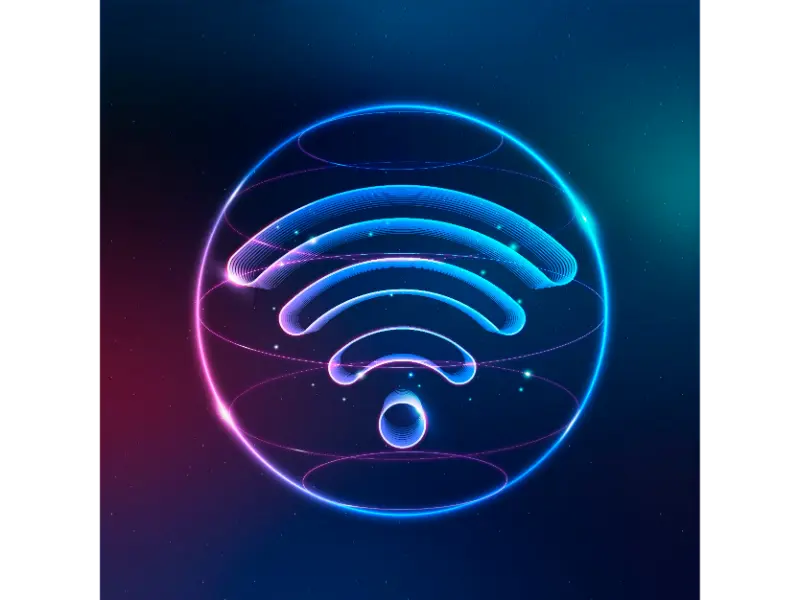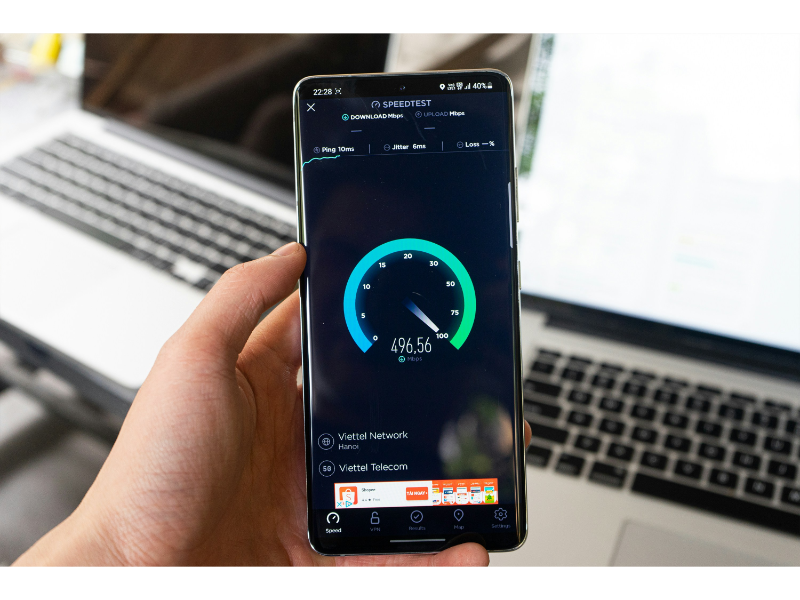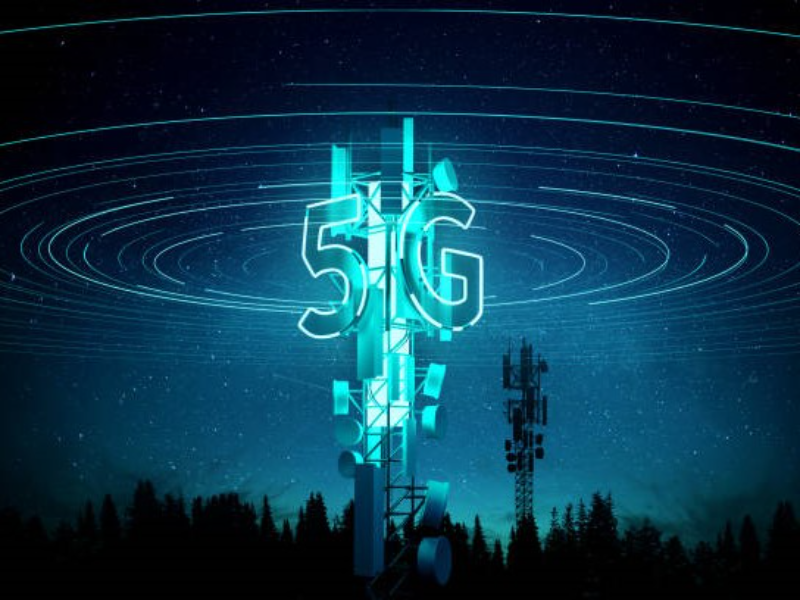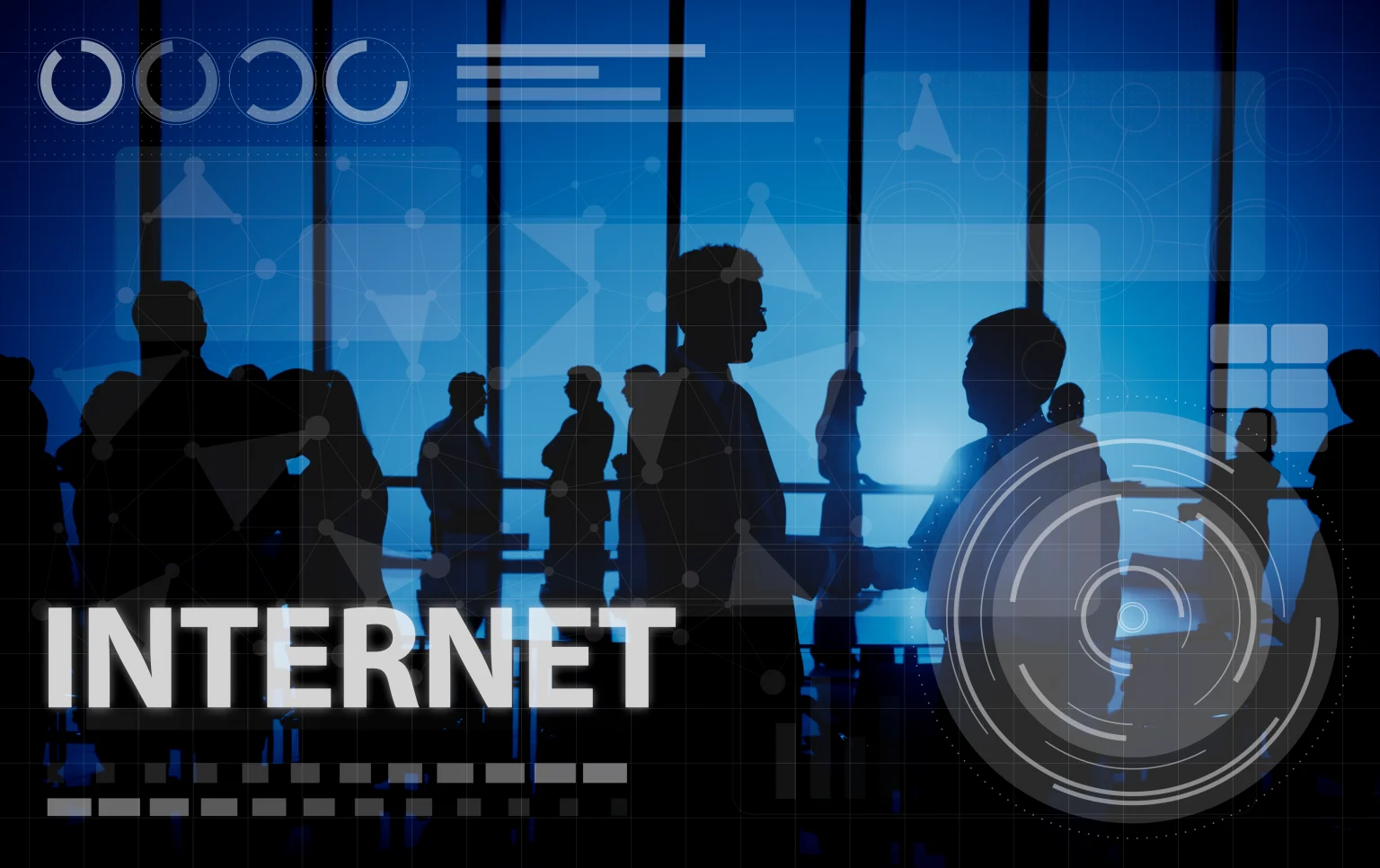- A reliable internet connection is essential for productivity, seamless entertainment, global communication, and access to information, supporting both personal and professional needs in today’s digital world.
- Dependable connectivity ensures smooth operation of smart home devices, uninterrupted streaming or gaming, and efficient remote work or learning, making it a necessity in modern life.
An internet connection is the process that allows devices to access the World Wide Web, enabling communication, information sharing, and connectivity. It forms the backbone of modern digital life, powering businesses, entertainment, education, and personal communication. In this article, we’ll delve deeper into the types of internet connections, their benefits, and how to choose the right connection for your needs.
- Types of internet connections
- Importance of a reliable internet connection
- How to choose the right internet connection
- How does internet speed work?
- Tips for enhancing your internet connection
- The future of internet connections
- The importance of reliable and evolving internet connections
- FAQs: What is an internet connection?
Also read: What is internet security?
Also read: What is internet latency and why does it matter?
Types of internet connections
Internet connections come in various forms, each with unique benefits and limitations. Understanding the types can help you make informed decisions about what works best for your home or business.
1. Dial-Up connections
Dial-up was one of the first widely available internet connection types. It uses a standard telephone line to connect to the internet. While it’s inexpensive, it’s also slow and limited in functionality, making it almost obsolete today.
2. Broadband connections
Broadband is a high-speed internet connection that’s always on, unlike dial-up. Types of broadband include DSL, cable, fiber-optic, and satellite:
- DSL (Digital Subscriber Line): Delivered through telephone lines, DSL offers faster speeds than dial-up and allows simultaneous phone and internet use.
- Cable Internet: Uses coaxial cables to provide faster speeds than DSL. It’s widely available and suitable for households with multiple users.
- Fiber-Optic Internet: The fastest broadband option, fiber uses light signals through glass fibers to deliver high-speed internet. It’s ideal for gamers, streamers, and large businesses.
- Satellite Internet: Suitable for remote areas where other types of broadband aren’t available. It provides decent speeds but can be affected by weather conditions.

3. Mobile internet
Mobile internet connections rely on cellular networks to provide internet access through smartphones, tablets, or mobile hotspots. With the advent of 4G LTE and 5G, mobile internet now offers impressive speeds and reliability.
4. Wi-Fi
Wi-Fi refers to a wireless internet connection that allows multiple devices to connect without cables. It’s commonly used in homes, offices, and public spaces for convenience and flexibility.
Importance of a reliable internet connection
A reliable internet connection is crucial for both personal and professional activities. From streaming movies and attending virtual meetings to managing cloud-based systems and communicating globally, the internet has become a necessity.
Benefits of a strong internet connection:
- Increased Productivity: For remote workers, businesses, and students, a stable connection ensures uninterrupted video conferencing, fast file transfers, and smooth access to cloud-based tools. Downtime due to poor connectivity can hinder productivity and lead to missed opportunities.
- Enhanced Entertainment: Streaming HD videos, enjoying online gaming, or listening to music without buffering relies on a strong internet connection. A poor connection can disrupt these activities, reducing overall enjoyment.
- Global Connectivity: A reliable internet connection enables you to stay in touch with family, friends, and colleagues worldwide through video calls, messaging apps, and emails, fostering better relationships and collaboration.
- Access to Information: The internet is a vast resource for learning, providing access to online courses, educational videos, research, and real-time news updates. A dependable connection ensures you can explore this wealth of information without interruptions.
- Smart Devices and Home Automation: As smart home devices become more prevalent, a reliable connection ensures these systems function smoothly, from controlling lighting and security to operating voice assistants.

An unreliable connection can lead to frustration, productivity loss, and inefficiencies in both personal and professional life. It can disrupt crucial activities like virtual meetings, online exams, or managing financial transactions. Investing in a reliable internet service ensures a smoother, more efficient experience, keeping pace with the demands of modern life.
By understanding the importance of reliable internet, you can prioritize choosing the right service and optimize your connection for uninterrupted performance.
Access to the internet is a fundamental necessity, not a luxury. It’s the gateway to information, innovation, and global connection.
Sundar Pichai, CEO of Alphabet Inc.
How to choose the right internet connection
Selecting the right internet connection depends on your usage, location, and budget. Here are factors to consider:
1. Speed requirements
Determine your internet speed needs based on your activities. For instance:
- Basic Browsing and Emails: 5-10 Mbps
- Streaming HD Videos: 25-50 Mbps
- Online Gaming: 50-100 Mbps
- Work from Home: 50 Mbps or more
2. Location
Your location influences the type of internet connection available. Urban areas often have more options like fiber and cable, while rural areas may rely on DSL or satellite.
3. Budget
Internet plans vary in cost based on speed and type. Fiber-optic connections may have higher installation fees but provide unmatched speed and reliability in the long term. Compare plans to find a balance between affordability and performance.
Also read: Internet speed and bandwidth: are they really the same thing?

How does internet speed work?
nternet speed refers to the rate at which data is transmitted from the internet to your device (download speed) or from your device to the internet (upload speed). It is typically measured in megabits per second (Mbps) or gigabits per second (Gbps) for very fast connections.
Key components of internet speed:
- Download Speed
Download speed measures how quickly data is transferred to your device. It affects activities like streaming videos, browsing websites, or downloading files. Faster download speeds lead to smoother experiences, especially for data-heavy tasks like streaming HD or 4K content. - Upload Speed
Upload speed determines how fast you can send data, such as uploading photos, videos, or large files to the cloud. It’s particularly important for video conferencing, live streaming, or online gaming. - Latency (Ping)
Latency refers to the time it takes for a data packet to travel from your device to a server and back. It is measured in milliseconds (ms). Low latency is critical for real-time applications like online gaming and video calls, where delays can disrupt the experience. - Bandwidth
Bandwidth is the maximum amount of data your connection can handle at a given time. While it’s not the same as speed, a higher bandwidth usually allows more simultaneous users and activities without slowing down.

Tips for enhancing your internet connection
Even with a reliable connection, people may face occasional slowdowns. Here are some tips to improve the internet performance: Optimize Router Placement: Place your router in a central location, away from walls and electronic devices that can interfere with signals.
Upgrade The Equipment: Older routers may not support high speeds. Consider upgrading to a modern router that supports the latest standards like Wi-Fi 6.
Use Wired Connections: For critical tasks like gaming or video conferencing, use a wired Ethernet connection for greater stability.
Limit Bandwidth Usage: Too many devices or applications using bandwidth simultaneously can slow down your connection. Manage your network usage to prioritize essential activities.
Also read: 6 steps to fix an unstable internet connection
The internet is becoming the town square for the global village of tomorrow.
Bill Gates, Co-founder of Microsoft
The future of internet connections
The future of internet connections is exciting, driven by rapid technological advancements that promise to revolutionize how we connect, work, and live. Developments like 5G and satellite-based networks such as Starlink are paving the way for faster, more reliable, and accessible internet globally. These cutting-edge technologies address the growing demands of modern connectivity, ensuring high-speed internet is available to more people than ever before.
Smart Cities: Enhanced connectivity through 5G and IoT (Internet of Things) infrastructure will enable the development of smart cities. These cities will feature interconnected devices, automated systems, and real-time data sharing to improve traffic management, energy efficiency, public safety, and healthcare services.
Remote Work and Education: The rise of remote work and virtual learning necessitates seamless access to robust internet connections. Advanced technologies ensure that professionals and students can connect to cloud-based platforms, video conferencing tools, and virtual classrooms without interruptions, enabling productivity and knowledge-sharing from anywhere.
Global Access: Bringing internet access to underserved and remote areas is another significant goal. Satellite networks like Starlink are bridging the digital divide by offering reliable connectivity in regions where traditional infrastructure is unavailable or difficult to implement. This accessibility fosters inclusion, economic development, and global collaboration.
Additionally, future internet innovations may include quantum computing networks, which promise unparalleled speeds and security. These advancements will support industries ranging from healthcare to finance, as well as powering the next generation of artificial intelligence applications.

The importance of reliable and evolving internet connections
Internet connections have become an indispensable part of modern life, supporting everything from daily communication and entertainment to business operations and education. Understanding the various types of connections—such as broadband, mobile internet, and emerging technologies like 5G—empowers users to make informed choices based on their specific needs, location, and budget. A reliable internet connection is crucial for productivity, seamless entertainment, and global connectivity, while advancements in technology are shaping a future of faster, more accessible, and sustainable internet. Whether it’s enabling smart cities, bridging the digital divide with satellite networks, or supporting the demands of remote work and education, the evolution of internet connections continues to redefine how we live and interact. By optimizing your connection and staying informed about new developments, you can fully leverage the opportunities the internet offers, ensuring a smoother, more connected experience for both personal and professional life.
Also read: Telcables Nigeria launches PoP to boost West African connectivity
FAQs: What is an internet connection?
Broadband, which includes DSL, cable, and fiber-optic, is the most common type of internet connection due to its high speed and reliability.
Wi-Fi refers to the wireless technology that connects devices to a network, while broadband is the high-speed internet service delivered to your home or office. Broadband can be wired (via Ethernet) or wireless (via Wi-Fi).
Mobile internet can be a viable option for basic needs or backup, but it may not match the speed and reliability of broadband connections for heavy use.
Download speed refers to how quickly data is received from the internet, while upload speed measures how fast you can send data. Both are important for tasks like streaming (download) and video conferencing (upload).
5G offers significantly faster speeds, lower latency, and the capacity to support more devices, making it a game-changer for mobile internet and IoT applications.

